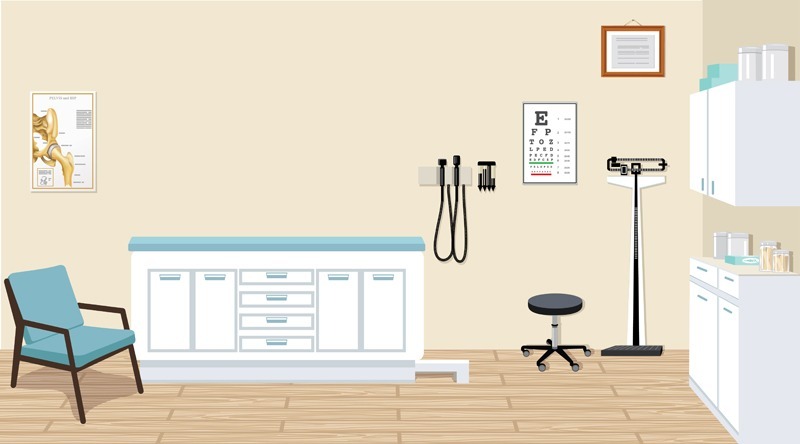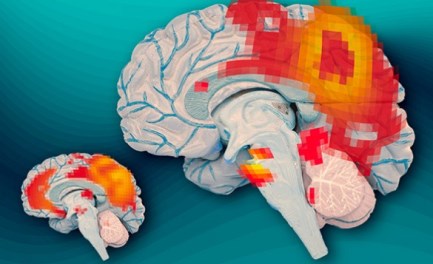Posts Tagged ‘behavior-therapy’
Adding mindfulness to the PTSD therapist’s toolkit
—– Soldiers who return home in casts and caskets are not the only ones struck down by the trauma of war. Many young military men and women carry emotional wounds far beyond the battlefield in the form of post-traumatic stress disorder (PTSD). This
Read MoreTo improve academic outcomes, children with ADHD need both medication and non-medication treatments
. Academic problems are extremely common in children with ADHD, and often the issue that leads to referral for an ADHD evaluation. Academic outcomes can be measured in 2 different ways — academic achievement and academic performance — and both are compromised in children with ADHD. Academic achievement refers to the information and skills that children…
Read More5 Reasons Why Parents of Children with ADHD Need to Become Proactive, Well-Informed Advocates
. Most children with ADHD receive their care from community-based pediatricians, so it is especially important for that care to be consistent with best-practice guidelines. Unfortunately, all too often it is not. The guidelines Here is a brief summary of some key ADHD guidelines published by the American Academy of Pediatrics
Read MoreStudy finds large gaps between research and practice in ADHD diagnosis and treatment
— Most children with ADHD receive their care from community-based pediatricians. Given the large number of school-age children who require evaluation and treatment services for ADHD, and the adverse impact that poor quality care can have on children’s development, it is important for children to routinely receive care in the community that is consistent with…
Read MoreCan brain scans identify ADHD and help predict treatment response?
— Inside the adult ADHD brain (MIT News): “About 11 percent of school-age children in the United States have been diagnosed with attention deficit hyperactivity disorder (ADHD). While many of these children eventually “outgrow” the disorder, some
Read MorePerspective: Neurofeedback treatment for ADHD is gaining strong support
Neurofeedback — also known as EEG Biofeedback — is an ADHD treatment in which individuals learn to alter their typical EEG pattern to one that is consistent with a focused, attentive state. This is done by collecting EEG data from individuals as they focus on stimuli presented on a computer screen. Their ability to
Read More





